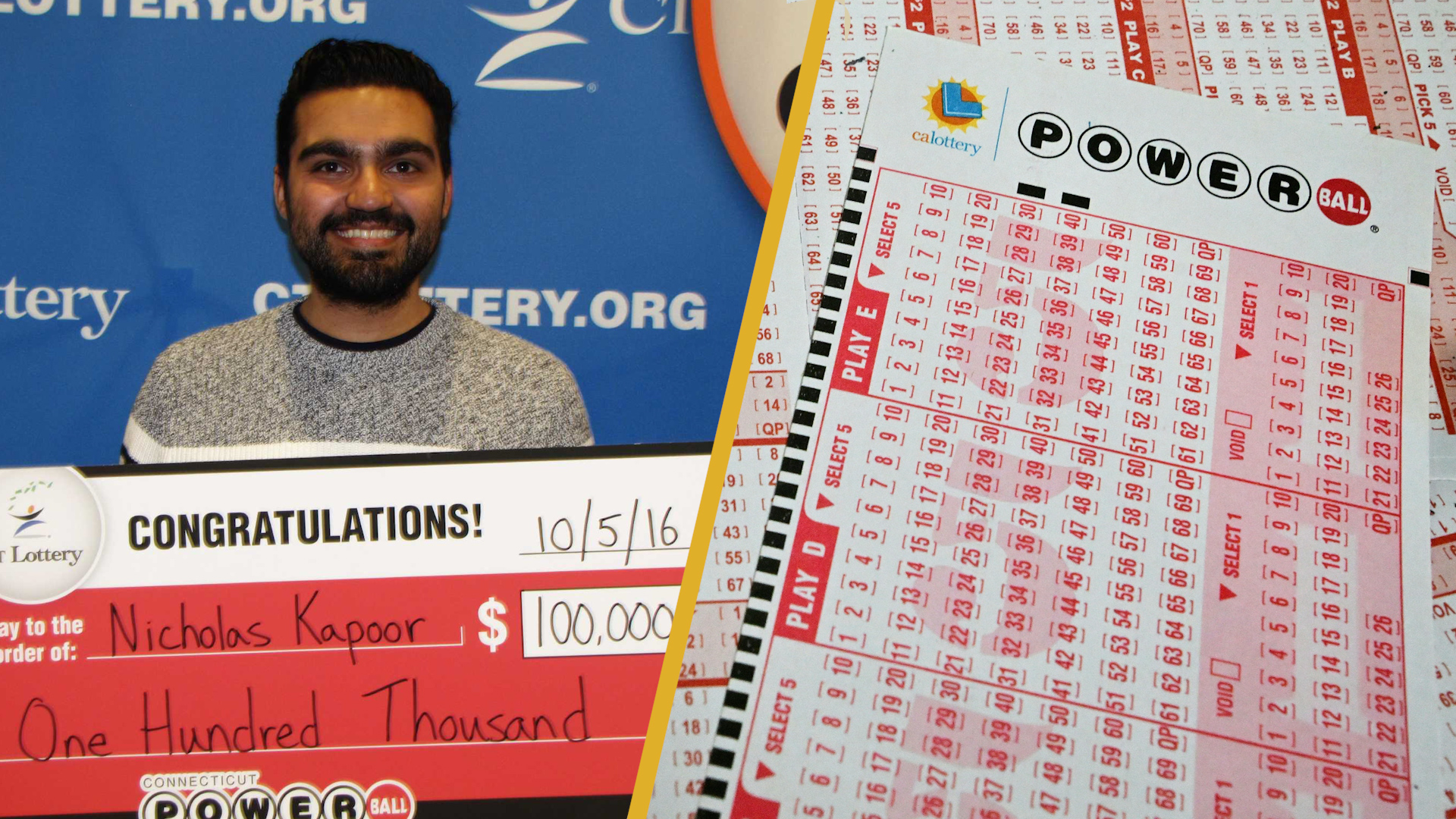The Powerball jackpot is $1.8 billion. Here’s how much you’ll take home after taxes
The jackpot for Saturday’s Powerball drawing has jumped to $1.8 billion, the second largest grand prize in U.S. lottery history.
The nearly $2 billion jackpot is for a single-winning ticket who choose an annuity option, paid over 30 years. Winners almost always opt for cash prizes, which would be $826.4 million — before taxes.
However, the windfall would significantly shrink after taxes.
Federal taxes on lottery winnings
The prize is subject to an automatic federal withholding, with the IRS levying 24% on winnings of more than $5,000.
If you choose the $826.4 million cash option, the 24% withholding automatically reduces your prize to about $628 million, with $198.36 million going straight to Uncle Sam.
And when you file your 2025 returns, plan on paying another 13% in federal taxes. That’s because the millions you win from the lottery pushes you into the top tax bracket of 37%. Your total lottery prize after paying the federal income tax is $520,632,000.
State taxes on lottery winnings
There are also state taxes in most jurisdictions, which range from 2.9% in North Dakota to 10.9% in New York.
But if you’re lucky enough to live in California, Florida, New Hampshire, South Dakota, Tennessee, Texas, Washington or Wyoming, you won’t pay any state taxes on your winnings.
And if you live in one of the five states that don’t have a lottery (Alabama, Alaska, Hawaii, Nevada and Utah) or purchased your winning ticket in a state you don’t live in, the state where you purchased your ticket may withhold state taxes on your winnings, and you’ll also need to figure out how much you owe to your state at tax time. However, you can usually claim a tax credit for the taxes paid to the other state.
Be careful with pool winnings
If you join a lottery pool with friends or co-workers, Turbo Tax cautions the person claiming the prize on behalf of the group to document that the entire windfall isn’t theirs or you responsible for income tax withholding on the entire winnings. Also, if you collect the total winnings and then allot everyone else their share, the IRS may assume that you’re giving the money away, which can result in getting hit with a gift tax.
Have everyone enter into the pool with a written contract defining his or her shares, which you can then provide to the IRS if necessary, according to Turbo Tax.
If you win the jackpot, experts suggest working with a tax professional, financial advisor and estate planning attorney immediately.
“It’s all about protection and paying the least amount of taxes possible, so working with professionals is very important,” said certified financial planner John Chichester Jr., founder and CEO of Chichester Financial Group in Phoenix.
He said winners who choose the 30-year annuity payments option may have “a lot more flexibility” for tax planning.
This story uses functionality that may not work in our app. Click here to open the story in your web browser.
The jackpot for Saturday’s Powerball drawing has jumped to $1.8 billion, the second largest grand prize in U.S. lottery history.
The nearly $2 billion jackpot is for a single-winning ticket who choose an annuity option, paid over 30 years. Winners almost always opt for cash prizes, which would be $826.4 million — before taxes.
However, the windfall would significantly shrink after taxes.
Federal taxes on lottery winnings
The prize is subject to an automatic federal withholding, with the IRS levying 24% on winnings of more than $5,000.
If you choose the $826.4 million cash option, the 24% withholding automatically reduces your prize to about $628 million, with $198.36 million going straight to Uncle Sam.
And when you file your 2025 returns, plan on paying another 13% in federal taxes. That’s because the millions you win from the lottery pushes you into the top tax bracket of 37%. Your total lottery prize after paying the federal income tax is $520,632,000.
State taxes on lottery winnings
There are also state taxes in most jurisdictions, which range from 2.9% in North Dakota to 10.9% in New York.
But if you’re lucky enough to live in California, Florida, New Hampshire, South Dakota, Tennessee, Texas, Washington or Wyoming, you won’t pay any state taxes on your winnings.
And if you live in one of the five states that don’t have a lottery (Alabama, Alaska, Hawaii, Nevada and Utah) or purchased your winning ticket in a state you don’t live in, the state where you purchased your ticket may withhold state taxes on your winnings, and you’ll also need to figure out how much you owe to your state at tax time. However, you can usually claim a tax credit for the taxes paid to the other state.
Be careful with pool winnings
If you join a lottery pool with friends or co-workers, Turbo Tax cautions the person claiming the prize on behalf of the group to document that the entire windfall isn’t theirs or you responsible for income tax withholding on the entire winnings. Also, if you collect the total winnings and then allot everyone else their share, the IRS may assume that you’re giving the money away, which can result in getting hit with a gift tax.
Have everyone enter into the pool with a written contract defining his or her shares, which you can then provide to the IRS if necessary, according to Turbo Tax.
If you win the jackpot, experts suggest working with a tax professional, financial advisor and estate planning attorney immediately.
“It’s all about protection and paying the least amount of taxes possible, so working with professionals is very important,” said certified financial planner John Chichester Jr., founder and CEO of Chichester Financial Group in Phoenix.
He said winners who choose the 30-year annuity payments option may have “a lot more flexibility” for tax planning.
This story uses functionality that may not work in our app. Click here to open the story in your web browser.


